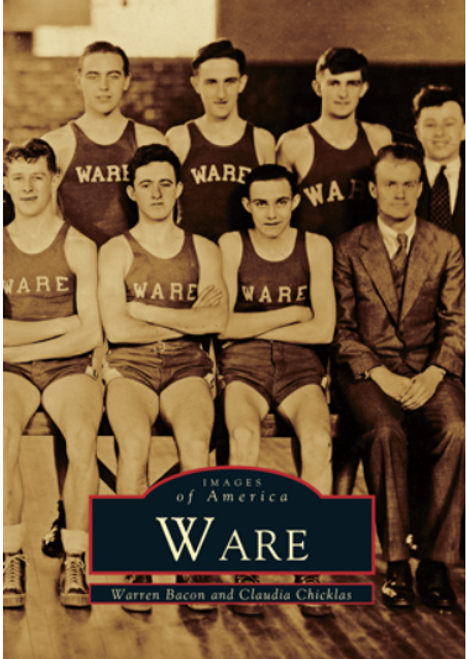Description
By Doreen Chambers and Brooke Lorentzen
In 1788, the first settlers were drawn to the region of central Vermont now known as Barre by the area's 19,900 acres of rolling hills and valleys and its granite, water, forest, and fertile soil. The industrial growth of Barre depended on these resources. The Stevens Branch stream gave life to a number of mills, manufacturing companies, and granite-polishing works. Joshua Thwing built the first grain mill, and William Moorcroft started the first woolen mill to manufacture white flannel. The granite business began developing in 1812 and grew to be the chief industry in town, bringing immigrants from around the world to work in the quarries and sheds. One such settler was William Foster Milne, who arrived in 1907 and went on to organize the first Boy Scout troop in America. Today, visitors come from all over the world to visit the Rock of Ages Visitors' Center and quarry tour, Hope Cemetery, the Barre Opera House, Thunder Road SpeedBowl, and the Vermont Granite Museum.







